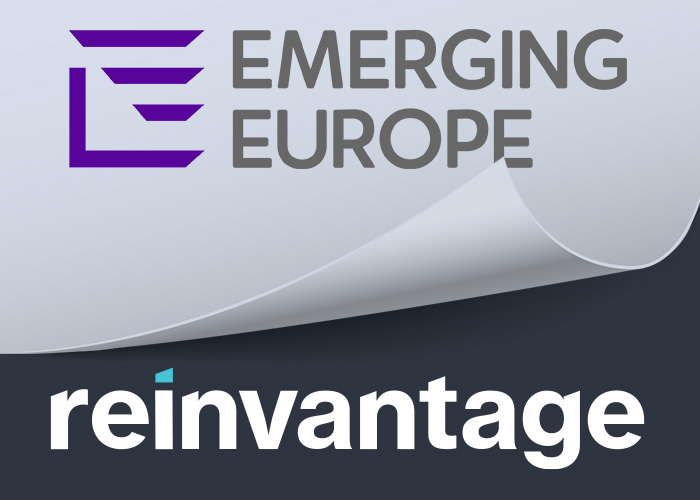The future of Czech policy towards the European Union became very uncertain after the country held elections on October 20-21. Not only did billionaire Andrej Babiš’s party, ANO, often described as populist and Eurosceptic, secure a landslide victory; the remaining parties, of which four of the five most popular are anti-establishment, failed to secure enough votes to create majority without ANO.
As such the Czech parliament is, sans ANO, not only deeply fragmented, but the mainstream parties have suffered a defeat that will prompt serious self-reflection. That the conservative Civic Democrats (ODS), who came second, or that the far-right party of Direct Democracy of Tomio Okamura (SPD), who claimed that “we are living under a total EU dictatorship,” both garnered above 10 per cent of the vote, could create the impression that the shift from the pro-EU policy of the last government could be huge. Particularly when none of the traditional pro-European parties took more than 7.5 per cent of the vote.
Czech-EU relations will primarily be shaped by the new coalition, whose composition is as yet uncertain due to a lack of clear coalition partners for ANO (caused by animosity between Babiš and the majority of the remaining parties). Although some posit that Babiš could find suitable partners for his new government amongst the Eurosceptics, citing his strong opposition to the euro and to EU migration policy, his attitude is not as anti-European as sometimes claimed. After closer analysis of both his and his ANO party’s stance in Brussels, or the fact that ANO’s MPs are affiliated to the extremely pro-European ALDE group, it is clear that ANO’s membership is far more EU orientated than it appeared during the campaign.
As such, ANO itself could have difficulties finding a coalition partner, especially as some parties, such as ODS or TOP09, have stated their unwillingness to join a coalition with Babiš due to his indictment on fraud charges related to EU subsidies, as well as accusations that he was a communist-era police agent.
At the same time, Babiš is determined to become the new prime minister – indeed, it would be tantamount to voter betrayal if he, after his decisive victory, did not pursue the post with such a strong mandate – which could prolong negotiations for a long time. Ultimately, it could force ANO to seek the support of either the SPD or even the Communists (KSČM), which could threaten further the already precarious relations between the Czech Republic and the EU. On the other hand, a possible coalition of ANO, the Social Democrats (ČSSD) and the Christian Democrats (KDU-ČSL) could build on the past few years and provide a more consistent pro-European policy. This possibility would be more acceptable for the other pro-EU parties, such as TOP09 or STAN – trying to find a common voice – and with other moderate parties. Amidst these considerations, another parliamentary newcomer, the Czech Pirate Party (Piráti), could end up playing a crucial role as they ended up third, taking 22 of the 200 parliamentary seats.
Last but not least, the role of president Miloš Zeman – whose mandate is nearing an end – cannot be omitted. It is evident that despite his support of Babiš in recent months, he will try to have the decisive word in post-election negotiations. As a Czech political matador, Zeman is undoubtedly going to use any instrument to ensure his own success in January’s presidential election. It is clear that ongoing negotiations are crucial in forming the future of Czech policy itself, and the unprecedented decline of the traditional parties in the elections casts a shadow of uncertainty on the outcome. The upcoming days and weeks will shed more light on possible government compositions, and whether or not the government will steer the Czech Republic towards or away from the European Union.
_______________
The views expressed in this opinion editorial are the author’s own and do not necessarily reflect Emerging Europe’s editorial policy.


Add Comment